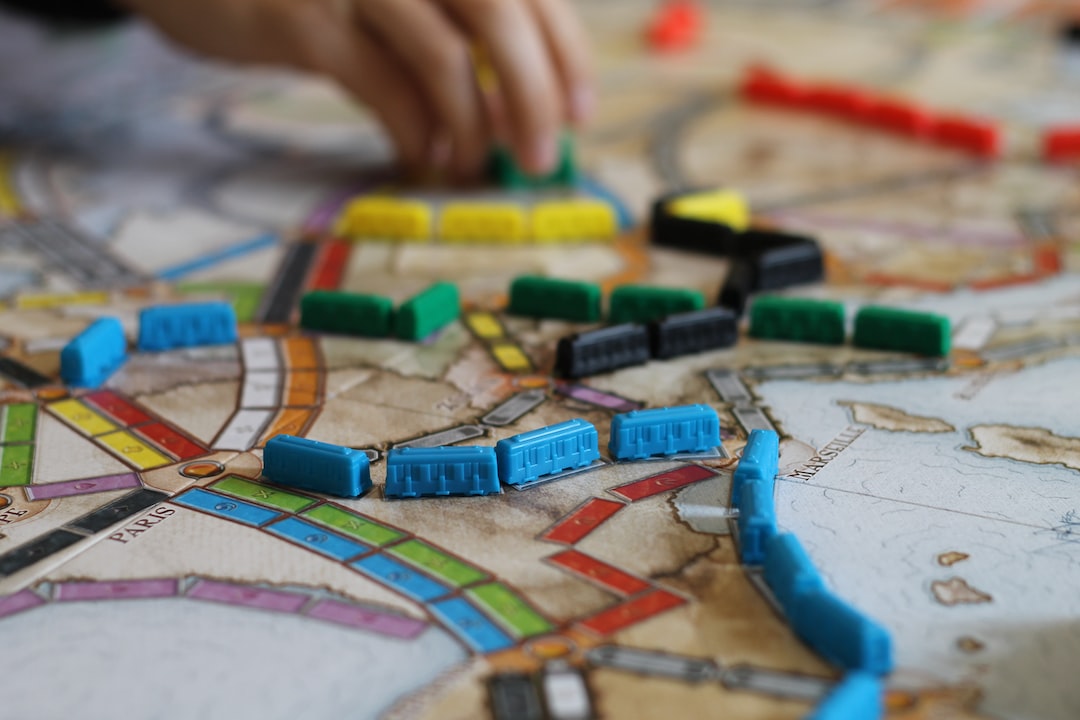Investigating the Controversial Topic of Game Censorship and Its Impact on Creativity
In recent years, the gaming industry has faced increasing scrutiny over the issue of game censorship. While the intention behind censorship may be to protect vulnerable audiences from potentially harmful content, the impact on creativity and artistic expression cannot be ignored. This blog post aims to investigate the controversial topic of game censorship and the potential consequences it poses on creativity within the gaming industry.
To begin with, it is essential to understand the concept of game censorship. Game censorship refers to the act of controlling or limiting the content within video games to meet certain moral, ethical, or legal standards. This may involve altering or removing elements such as violence, sexual content, or profanity. Proponents argue that game censorship is necessary to safeguard core values and protect vulnerable audiences, especially minors. However, critics argue that it infringes upon the creative vision and artistic freedom that game developers strive for.
One of the primary concerns of game censorship is how it stifles creativity within the gaming industry. Game developers are often driven by the desire to create immersive and thought-provoking experiences for players. By restricting certain content, game censorship can hinder the development of innovative and daring concepts that may challenge societal norms. Without the freedom to explore controversial or dark themes, game developers may feel compelled to produce watered-down, less engaging experiences to comply with censorship regulations.
Additionally, game censorship can lead to a homogenization of content, limiting the diversity of experiences available to players. When developers are forced to conform to strict guidelines, they may shy away from creative risks, resulting in an industry dominated by formulaic and predictable games. This can be detrimental to the growth and evolution of gaming as an art form, as it discourages aspiring developers from exploring new ideas and pushing boundaries.
Critics also argue that game censorship undermines the intelligence and discernment of players. Supporters of censorship claim that it is necessary to protect vulnerable audiences, particularly children, from potentially harmful content. However, many argue that placing games under stricter scrutiny than other forms of media suggests a lack of trust in the gaming community’s ability to differentiate between fantasy and reality. By treating gamers as passive consumers rather than discerning participants, censorship diminishes their agency and discounts their ability to make informed decisions about the media they consume.
Furthermore, game censorship can have unintended consequences, such as pushing developers to self-censorship. When faced with the threat of censorship, some developers may choose to pre-emptively alter their content to avoid potential controversy or backlash. This form of self-censorship can be even more restrictive than external censorship, as it is driven by fear rather than the desire to express oneself creatively. The resulting content may be diluted, devoid of originality, and lacking the depth that comes from tackling difficult or controversial subjects.
Of course, it is important to note that not all forms of game censorship are inherently negative. Responsible monitoring of content can be valuable in ensuring games adhere to basic ethical standards, such as not promoting hate speech or glorifying real-world violence. The challenge lies in finding a balance that protects vulnerable audiences without stifling creative expression.
In conclusion, game censorship remains a highly controversial topic within the gaming industry. While its intent to protect vulnerable audiences is commendable, the impact on creativity cannot be ignored. By imposing restrictions on content, game censorship limits the freedom of developers to explore and express complex ideas, ultimately hampering the diversity and evolution of the gaming medium. Striking a balance between ethical accountability and artistic freedom remains crucial, as the gaming industry continues to push the boundaries of creativity and storytelling.

